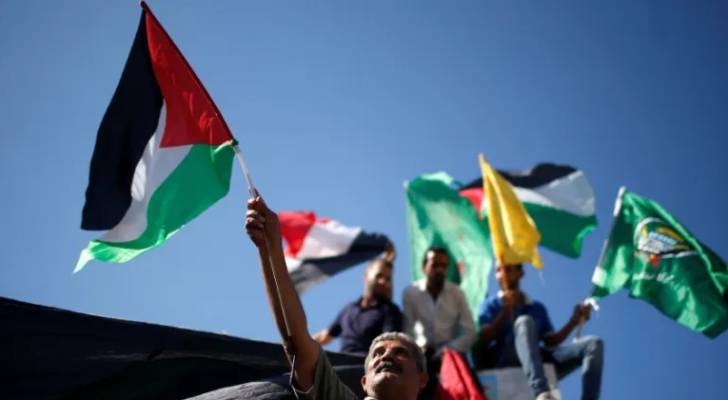Palestinian factions agree to hand Gaza to technocrat committee, call to activate PLO
Palestinian factions have agreed to hand over the administration of the Gaza Strip to a temporary Palestinian committee composed of independent technocrats, marking a significant step in post-war governance, according to a statement released at the conclusion of their Cairo meeting.
The agreement, facilitated by Egypt, aims to pave the way for a comprehensive national dialogue to restore Palestinian unity, safeguard the national project, and discuss the next phase of the international ceasefire plan.
The meeting, held on October 23–24 under the invitation of Egyptian President Abdel Fattah El-Sisi and building on mediation efforts by Egypt, Qatar, and Turkey, follows the Sharm El-Sheikh Peace Summit and seeks to address the consequences of the recent destructive conflict in Gaza.
The discussions coincided with escalating tensions in the West Bank, including the preliminary approval by the 'Israeli' parliament of a law applying sovereignty over parts of the West Bank, a move denounced by the Palestinian factions. They welcomed, however, US President Donald Trump’s intervention to halt the initiative and his commitment not to repeat it.
Key Outcomes of the Cairo Meeting:
- Support for the Ceasefire: The factions affirmed their commitment to implementing the ceasefire agreement, stressing the need for a full 'Israeli' withdrawal from Gaza, lifting the blockade, and reopening all crossings, including Rafah. They also called for immediate, comprehensive reconstruction to restore normal life and ensure unimpeded delivery of humanitarian and medical aid.
- Temporary Technocratic Administration: The Gaza Strip will be governed by a temporary Palestinian committee composed of local independent technocrats. This body will manage essential services and daily life, cooperating with Arab countries and international institutions on the principles of transparency and national accountability. An international committee will oversee reconstruction funding and implementation while ensuring the political unity and sovereignty of the Palestinian decision-making system.
- Security and Stability: The factions agreed to take all necessary measures to maintain security and stability throughout Gaza. They also emphasized the importance of establishing a UN-backed temporary force to monitor the ceasefire.
- Detainees’ Rights: The meeting condemned all forms of torture and violations against Palestinian detainees in 'Israeli' jails, affirming that the issue of detainees remains a top national priority until their release.
- Political Unity and PLO Activation: The factions pledged continued cooperation to unify visions and strategies. They called for an urgent meeting of all Palestinian factions to develop a national strategy and emphasized the reactivation of the Palestinian Liberation Organization (PLO) as the sole legitimate representative of the Palestinian people, expanding it to include all components of Palestinian society, including Hamas.
The statement, known as the Cairo Declaration, is being hailed as a critical step toward ending the Palestinian division. The creation of a technocratic administration meets a key international and regional condition for reconstruction, while the call to activate the PLO signals a potential reshaping of the Palestinian political landscape.
The factions concluded their dialogue by stressing the urgency of the moment, describing it as “decisive,” and pledged to make the Cairo meeting “a true turning point toward national unity.” They reaffirmed their commitment to defending the Palestinian people’s rights, establishing an independent state with Jerusalem as its capital, and ensuring the right of return for refugees.
The Palestinian factions also expressed gratitude to Egypt and President El-Sisi, as well as to mediators from Qatar and Turkey, for their support in advancing the Palestinian cause.




